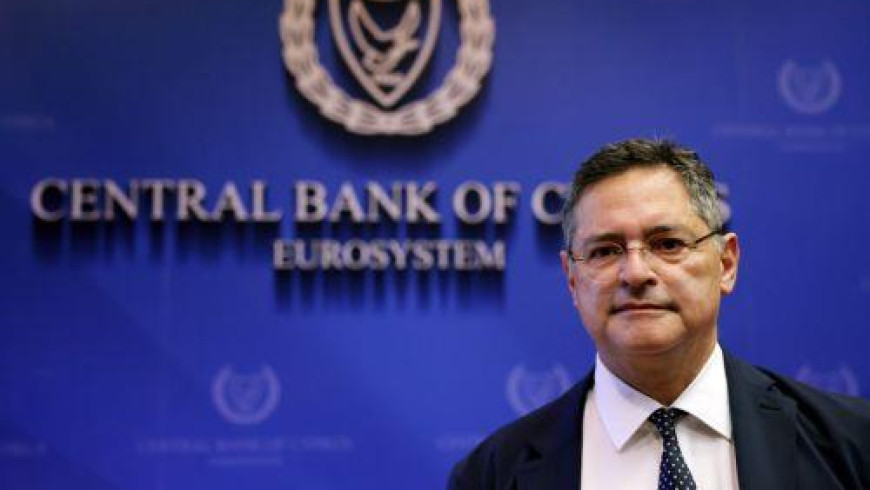
The dollar's brief comeback on the foreign exchanges ended abruptly yesterday after disappointing US consumer confidence figures put a question mark over
the strength of the recovery.
Analysts said the fall in confidence underlined concerns that the economic upturn was not creating enough jobs.
The dollar slumped by 1% against the pound and the euro, in mid-morning trading in New York, to $1.89 and $1.27 respectively.
The performance of the US economy is closely watched in the City as it represents one of Britain's biggest export markets.
Separate figures published yesterday showed that UK companies had begun invest ing, raising hopes that the two-year slump in capital expenditure is over.
Business investment for the fourth quarter of 2003 increased by 0.6% year on year, according to data released yesterday by the Office for National Statistics.
Strong household spending has protected the UK economy from global recession over the last three years, but with con sumers stacking up debt the Bank of England is looking for a pick-up in business investment to help rebalance the economy.
Annual spending for the service sector increased by 2.6%, according to the latest snapshot. The picture was less bright for manufacturing - with investment increasing quarter on quarter but falling by almost 5% year on year.
Business groups gave the figures a cautious welcome, stressing that the data is only provisional. "These figures are an encouraging sign that we may now be coming out of a long downturn in business investment," said Ian McCafferty, the CBI's chief economist.
"Although we expect business to improve this year, it is unlikely to rebound strongly. Firms still have excess capacity and pension deficits remain a major issue."
David Kern, economic adviser to the British Chamber of Commerce, said: "This is not sufficient growth to talk about a recovery [in investment].
"I would expect investment to be growing more quickly than GDP at this stage of the economic cycle."
Provisional GDP data for 2003 showed a year on year increase of 2.1%. A second estimate will be reported today.
"The upturn in investment has occurred later in recent economic cycles than previously," said Phillip Shaw, an economist at Investec. "Corporates are much more cautious about expenditure on both capacity and headcount."
· US Federal Reserve chairman Alan Greenspan warned Congress that publicly quoted but government sponsored mortgage lenders Fannie Mae and Freddie Mac should be reined in to prevent potential risks to the financial system.
He said the concerns triggered by the rapid growth of the two institutions, which dominate US mortgage lending, meant "preventive actions are required sooner rather than later".
the strength of the recovery.
Analysts said the fall in confidence underlined concerns that the economic upturn was not creating enough jobs.
The dollar slumped by 1% against the pound and the euro, in mid-morning trading in New York, to $1.89 and $1.27 respectively.
The performance of the US economy is closely watched in the City as it represents one of Britain's biggest export markets.
Separate figures published yesterday showed that UK companies had begun invest ing, raising hopes that the two-year slump in capital expenditure is over.
Business investment for the fourth quarter of 2003 increased by 0.6% year on year, according to data released yesterday by the Office for National Statistics.
Strong household spending has protected the UK economy from global recession over the last three years, but with con sumers stacking up debt the Bank of England is looking for a pick-up in business investment to help rebalance the economy.
Annual spending for the service sector increased by 2.6%, according to the latest snapshot. The picture was less bright for manufacturing - with investment increasing quarter on quarter but falling by almost 5% year on year.
Business groups gave the figures a cautious welcome, stressing that the data is only provisional. "These figures are an encouraging sign that we may now be coming out of a long downturn in business investment," said Ian McCafferty, the CBI's chief economist.
"Although we expect business to improve this year, it is unlikely to rebound strongly. Firms still have excess capacity and pension deficits remain a major issue."
David Kern, economic adviser to the British Chamber of Commerce, said: "This is not sufficient growth to talk about a recovery [in investment].
"I would expect investment to be growing more quickly than GDP at this stage of the economic cycle."
Provisional GDP data for 2003 showed a year on year increase of 2.1%. A second estimate will be reported today.
"The upturn in investment has occurred later in recent economic cycles than previously," said Phillip Shaw, an economist at Investec. "Corporates are much more cautious about expenditure on both capacity and headcount."
· US Federal Reserve chairman Alan Greenspan warned Congress that publicly quoted but government sponsored mortgage lenders Fannie Mae and Freddie Mac should be reined in to prevent potential risks to the financial system.
He said the concerns triggered by the rapid growth of the two institutions, which dominate US mortgage lending, meant "preventive actions are required sooner rather than later".














 3287.99
3287.99 1275.09
1275.09

